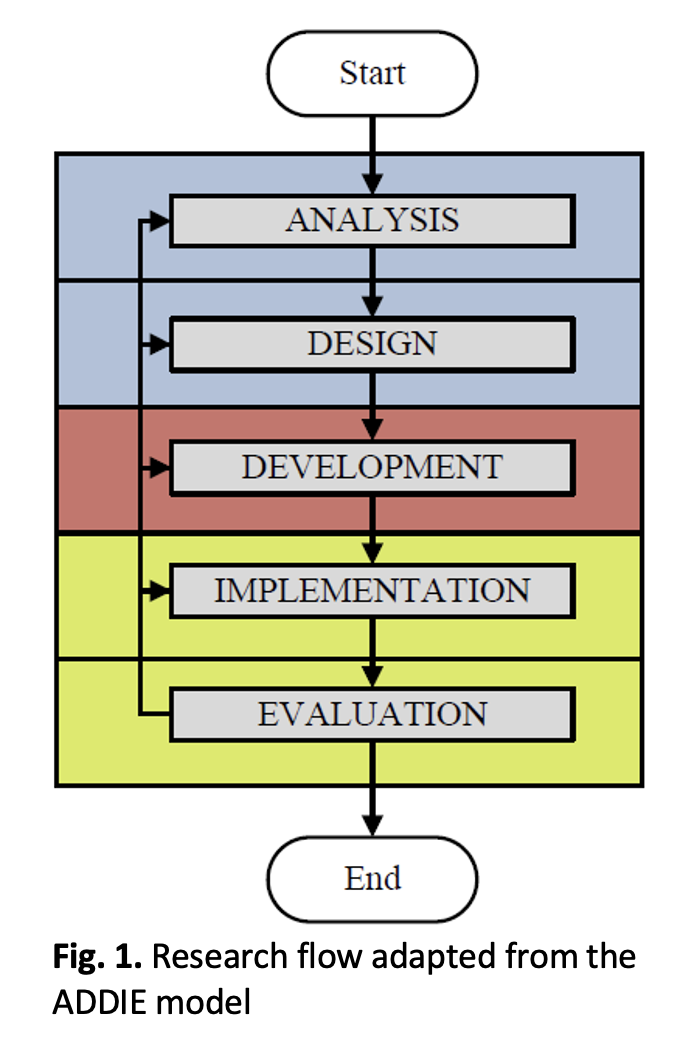The Evaluation of Augmented Reality Dictionary to Improve English Vocabulary
DOI:
https://doi.org/10.37934/araset.38.2.129141Keywords:
Augmented Reality, mobile application, digital learning, usabilityAbstract
English is an important subject for scoring in primary and secondary school exams in Malaysia. However, students are exposed to countless grammatical errors and are affected by the dialect they use in daily communication, especially for students who live in Kelantan. They are used to the use of dialect words in daily conversation. Therefore, they faced difficulties in understanding and translating the words from Bahasa Melayu to English. Furthermore, there is a lack of mobile application dictionaries to help primary school students to translate Kelantan’s dialect into English. The objectives of this research are (i) to analyse the needs and requirements to develop an AR mobile application to translate Kelantan’s dialect into English, (ii) to develop an AR mobile application that can look up the meaning of Kelantan’s dialect in English accurately, (iii) to evaluate the usability of the mobile application in terms of compatibility, consistency, flexibility, and learnability, and (iv) to evaluate the effectiveness of the mobile application to improve the vocabulary of the users. ADDIE model has been chosen in this research which consists of five phases involved in completing this research which is: (i) analysis phase, (ii) design phase, (iii) development phase, (iv) implementation phase, and (v) evaluation phase. The main contribution of this research is an AR mobile application Kelantan Dictionary called MyBrainy Kelate for primary school to improve English vocabulary. MyBrainy Kelate will help primary school students who have difficulties translating Kelantan’s dialect words into English words. The usability testing proved that MyBrainy Kelate has met the requirements of usability elements. Meanwhile, the effectiveness testing proves that the application is an effective tool for the user to improve their knowledge of English vocabulary. For future works, the research can be improvised by taking into consideration the game-based learning in the mobile application. The playability test can be conducted to test the playability of the game.
Downloads




























